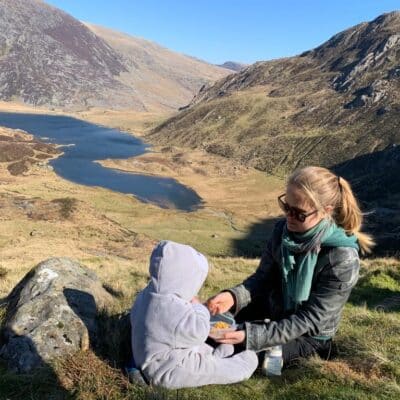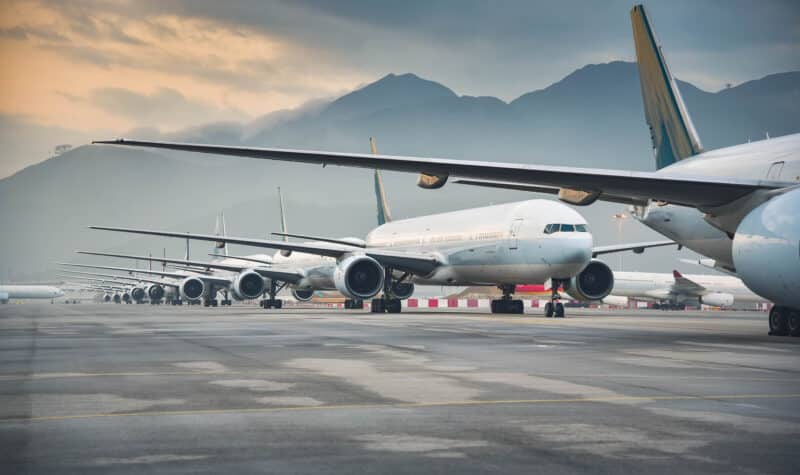These days, the world feels increasingly unstable. Climate breakdown, political unrest, economic injustice and digital disconnection arrive in rapid succession. It’s overwhelming and it’s hard not to feel the weight of it all.
But within this complexity, hope isn’t just possible—it’s essential.
Hope doesn’t mean ignoring reality or pretending everything is fine. It doesn’t come from passively wishing for change. Hope grows through action, through connection, through mutual trust. We find it in community halls and grassroots campaigns, in shared meals and shared burdens, in people recognising they’re stronger when they move as one.
Hope through collective action
At Climate Catalyst our role goes beyond connection. We depend on our community for the collective intelligence that inspires our programmes. And their insight, experience and passion is what fuels our teams.
In times like these, collective action isn’t just strategy—it’s survival. When we work together, pooling resources, ideas and courage, we expand what’s possible. We become more than the sum of our parts.
We’re seeing this power of collaboration unfold in real time. Renewable energy has surpassed 40% of global electricity generation in 2024, driven by record growth in solar. These technologies are transforming the very sectors Climate Catalyst works on—steel and aviation—where emissions have historically been difficult to reduce. International funding and plunging solar panel prices are now spurring mini-grid development that transforms rural communities across Africa, enabling new businesses and providing light for children to study.
This progress doesn’t happen by chance. It happens through networks, through partnerships, through communities refusing to accept the status quo.
Trust within diverse connections
Central to effective collaboration is trust—mutual trust that allows us to show up fully, to risk vulnerability, to rely on each other.
This trust takes time. It asks us to listen, to hold space, to recognise the humanity in one another. But it’s what turns cooperation into solidarity and networks into movements. Without it, collaboration remains surface-level. With it, collective action becomes a force strong enough to shift culture, to rewrite the story.
During our peatlands programme, we brought the business voice into the EU Nature Restoration Law (NRL) discussions. This was crucial to keeping the law alive. But building trust with this new constituency took time. For many, peatlands was a relatively new topic.
But by working through partnerships – like that with the Corporate Leaders Group Europe – and bringing experience and expertise to the discussion, we were able to form a solid connection. And over time, corporate actors moved from skepticism to becoming active on additional nature legislation topics, and strong advocates for the NRL in Brussels and other European countries.
From collective intelligence to collective impact
Meanwhile, in India, our India Green Steel Network (IGSN) exemplifies the power of collective intelligence. The network aims to build collaboration and connection across civil society, industry and think tanks in the country, pooling resources and expertise and growing our impact.
Most recently, the network released a first-of-its-kind paper that provides a strategic framework for unlocking finance for industrial decarbonisation across India’s iron and steel sector. This work was developed by the network’s Sustainable Finance and Green Industrial Policy Working Group, which we co-lead with Climate Policy Initiative India. The report includes insights from over 35 organisations. Pooling this expertise, the group was able to develop a suite of financial instruments that will enable steel decarbonisation and educate financial institutions on the potential of moving money towards greener projects, with the potential to have significant real world impact.
Broadening the tent
Solidarity means recognising our struggles are connected. It’s understanding that your fight for justice, safety or dignity strengthens mine. Collaborative work—whether between individuals, communities or organisations—isn’t just more effective, it’s more human. In a world that increasingly pushes for individualism, working together is quietly radical.
That’s why I’m excited about our aviation programme, where we’ve been working to broaden our networks. We’ve been working to bring different communities and movements together around efforts to challenge unbridled growth in aviation, including those working on health, unions, racial and tax justice. By considering all facets of what “sustainable”, “fair” and “just” aviation looks like, and speaking with one voice, we increase our influence with policymakers and investors who can help move us in the right direction.
Advancing in unity
We need each other now more than ever. The systems feel broken. The future seems uncertain. But amidst all that, communities are organising. People are offering mutual aid, sharing resources and lifting each other up. These acts—small and large—are declarations of hope. They prove that even when everything feels like it’s falling apart, we can still choose to build.
Hope doesn’t require certainty. Just a willingness to believe that together, we can keep moving forward. And a commitment to take the next step.
What’s one moment, story, or shift that gave you hope recently?
I’d love to hear what’s energising your work. Share your story of hope—whether it’s a local project, a policy win, or a conversation that inspired you. Drop me a message or join our community as we collectively catalyse the change our world urgently needs.

About the Author
Saskia Heijnen
Head of Networks and Partnerships.
As a believer in the power of collaboration, Saskia has spent her career dedicated to building networks and communities of practice in research, civil society and international development.



